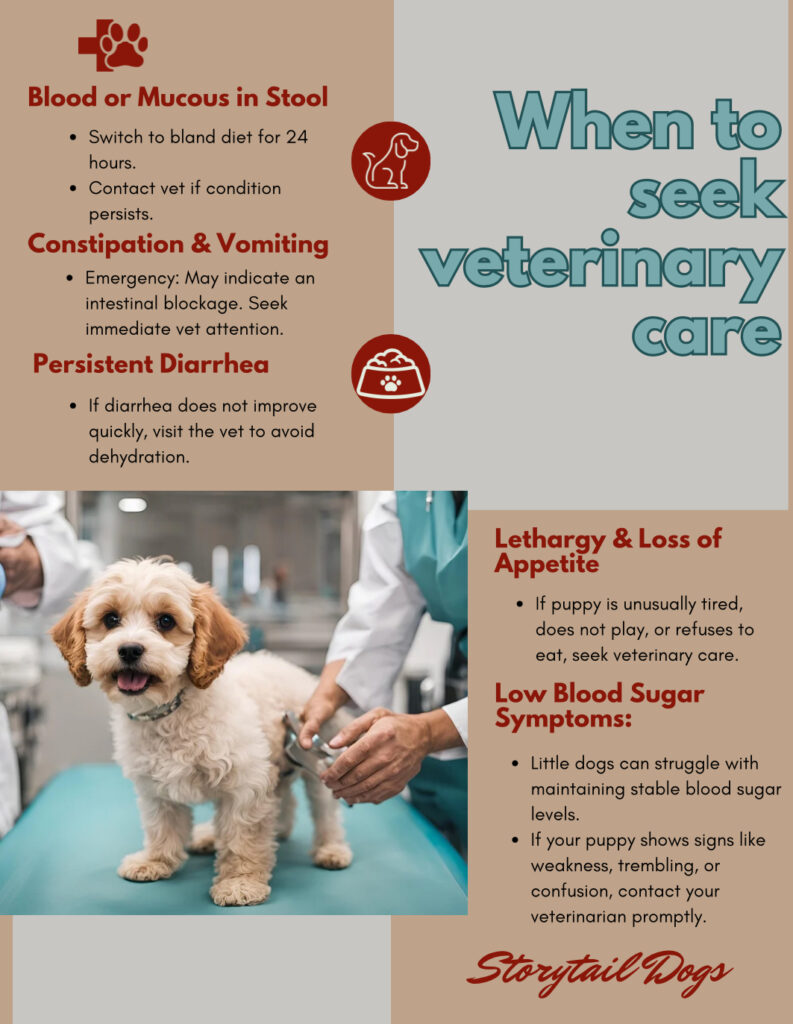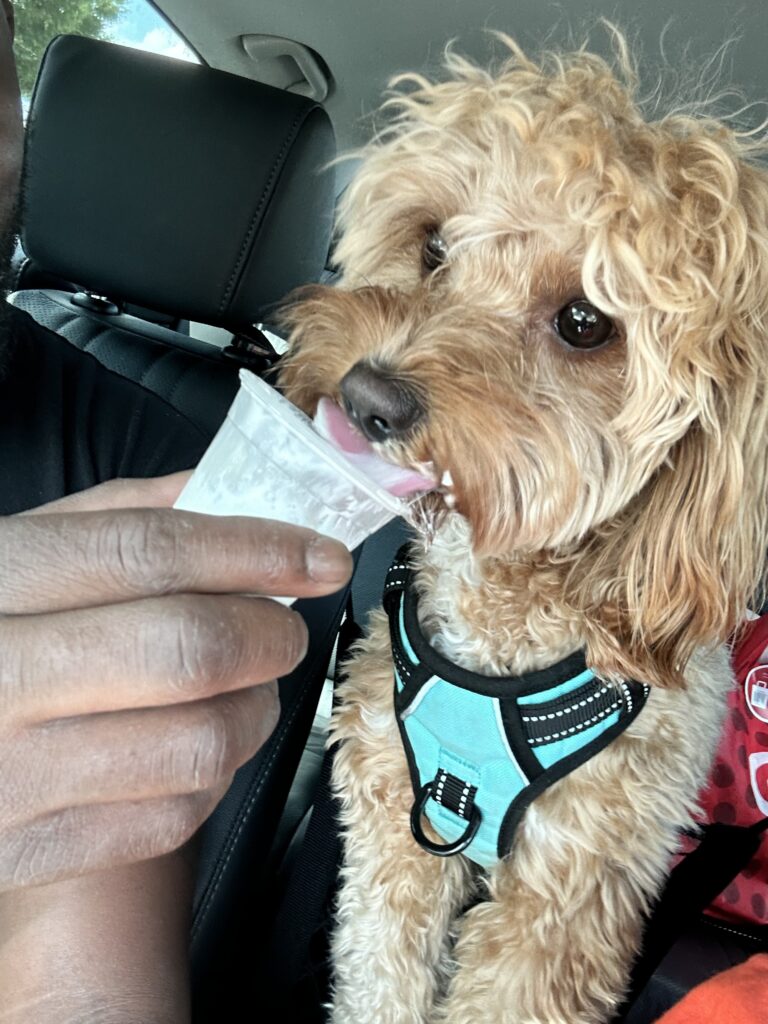Meet Our Available Puppies
Find the perfect ‘tail’ for your story!
The Puppy You've
Been Waiting For.
Product Title Here
Put a bird on it tumblr trust fund sustainable williamsburg green juice.
Product Title Here
Put a bird on it tumblr trust fund sustainable williamsburg green juice.
Product Title Here
Put a bird on it tumblr trust fund sustainable williamsburg green juice.
Product Title Here
Put a bird on it tumblr trust fund sustainable williamsburg green juice.
Product Title Here
Put a bird on it tumblr trust fund sustainable williamsburg green juice.
Product Title Here
Put a bird on it tumblr trust fund sustainable williamsburg green juice.
January 9, 2025

Its important to know when to call the vet for your cavapoo dog. As a new puppy parent, there’s a lot to think about when it comes to keeping your puppy healthy and happy. While the early days with your new puppy should be filled with joy, it’s essential to understand when medical attention is necessary. Knowing when to seek veterinary care can prevent minor issues from becoming serious health problems, ensuring your puppy grows into a strong and healthy adult dog. This blog post will guide you through recognizing common symptoms that require veterinary attention and help you feel confident in taking the right steps to protect your puppy’s health.
1. Understanding Cavapoo Dog Health: The Basics
Before diving into the specific signs that warrant a visit to the vet, it’s important to understand the basics of cavapoo puppy health. Puppies are more vulnerable to illnesses and infections than adult dogs due to their developing immune systems. Therefore, routine vet check-ups during their first year are crucial for keeping them in good health. Your cavapoo dog will need vaccinations, parasite control, and preventative care during this time.
In addition to these regular visits, you should monitor your puppy for signs of distress or illness. While some symptoms may seem minor, it’s important to pay attention to them, as they can be early warnings of more serious conditions. Acting promptly can save you from unnecessary worry and help your cavapoo dog avoid unnecessary discomfort.

2. Signs of Illness or Distress
Puppies can’t tell you when something is wrong, so it’s up to you to recognize when veterinary care is needed. Some signs of illness are obvious, while others might be more subtle. Here’s a breakdown of common symptoms that should prompt you to make an appointment with your veterinarian.
Loss of Appetite or Refusal to Eat
If your puppy suddenly stops eating or drinks very little water, it could indicate an underlying health issue. A decrease in appetite may be a sign of gastrointestinal problems, an infection, or a more serious condition like parvovirus or distemper. While puppies can sometimes experience minor digestive upset, a significant loss of appetite lasting more than 24 hours is cause for concern. Don’t delay in seeking veterinary care to identify the cause.
Vomiting and Diarrhea in Cavapoo Dogs
Occasional vomiting and diarrhea can happen in puppies, especially if they’re adjusting to new food or have ingested something inappropriate. However, if vomiting or diarrhea becomes frequent, especially if it’s accompanied by lethargy or loss of appetite, it could indicate a more serious issue, such as a bacterial or viral infection. Additionally, parvovirus, a deadly disease that affects puppies, often presents with symptoms of vomiting, diarrhea, and lethargy. If these symptoms occur, contact your vet immediately.
Lethargy or Unusual Tiredness
If your cavapoo dog suddenly becomes lethargic or unusually tired, it’s important to monitor the situation closely. Puppies typically have lots of energy and need plenty of exercise. If your puppy is acting sluggish, has trouble standing or walking, or is spending more time than usual sleeping, it could indicate pain or illness. When lethargy lasts more than a few hours or is accompanied by other symptoms, it’s time to consult your veterinarian.
Excessive Drooling or Trouble Swallowing
Excessive drooling or difficulty swallowing can indicate several conditions, including infections, injuries, or poisoning. If your cavapoo dog is drooling excessively and shows no signs of trying to swallow or is having trouble eating or drinking, it could be a sign of an infection or illness affecting the mouth or throat. In rare cases, it can be a symptom of poisoning or a foreign object lodged in the throat. Always seek veterinary care to rule out serious issues.

3. Cavapoo Dog Behavioral Changes: When to Be Concerned
Puppies are naturally curious, playful, and energetic, but behavioral changes can signal that something is wrong. You know your puppy best, so pay attention to any significant changes in their behavior. Below are some behaviors to watch for:
Excessive Barking or Whining
While puppies are known to bark and whine, excessive barking or crying, especially when your cavapoo dog is alone, can signal distress. This could indicate separation anxiety or a health issue causing discomfort, such as ear infections or pain. If your puppy continues to exhibit excessive vocalization despite your efforts to soothe them, it may be time to consult your vet to rule out pain or medical causes.
Pacing or Restlessness
Restlessness, pacing, or an inability to settle down could be signs of pain, anxiety, or illness. While puppies are often active, signs of discomfort such as whining, drooling, or trying to find a comfortable spot to lay down can point to a medical issue. Keep track of how long the behavior lasts and whether other symptoms develop. Persistent restlessness warrants a veterinary examination.
Aggression or Fearfulness
If your puppy suddenly becomes more aggressive or fearful than usual, it could indicate physical pain or emotional stress. For example, a puppy with an injury may become defensive or fearful of being touched in certain areas. If you notice a sudden shift in temperament, especially in a normally friendly puppy, don’t hesitate to consult your vet for an evaluation.
4. Common Medical Issues in Cavapoo Dogs That Require Veterinary Care
Some medical conditions are more common in puppies, especially during the first few months of life. Recognizing these conditions early can make all the difference in your puppy’s health and recovery. Here are some common health problems that may require veterinary intervention.
Parasite Infestation
Puppies are prone to parasites like fleas, ticks, worms, and mites. These can cause a variety of issues, including skin irritation, digestive problems, and weight loss. If you notice your puppy scratching excessively, experiencing bloating, or having visible signs of parasites (like fleas or worms in their stool), contact your vet for parasite treatment. It’s important to keep up with regular deworming and flea prevention to protect your puppy.
Ear Infections in Cavapoo dog
Puppies, particularly those with floppy ears, are prone to ear infections due to their ear structure and exposure to moisture. Symptoms of an ear infection include scratching at the ears, head shaking, odor from the ears, or redness and swelling inside the ear. If your puppy shows any of these signs, take them to the vet as soon as possible. Untreated ear infections can lead to chronic issues and pain.
Skin Issues or Rashes
Puppies are often prone to skin allergies, rashes, and infections. If your puppy is itching excessively, has red or inflamed skin, or shows signs of hair loss, it’s important to consult your vet to determine the cause. Skin conditions can be the result of allergies, insect bites, or fungal infections, and a veterinarian can help provide the right treatment to relieve discomfort and prevent further complications.

5. Injuries and Accidents: What to Do When Your Cavapoo Dog Is Hurt
Puppies are naturally curious and adventurous, which can sometimes lead to accidents. Whether it’s a fall, a bite from another animal, or a sharp object injury, knowing what to do when your puppy gets hurt is crucial. Here’s how to handle injuries and accidents:
Minor Cuts and Scrapes
For small cuts and scrapes, gently clean the wound with mild soap and warm water. You can apply an antiseptic ointment to prevent infection. Keep the area clean and monitor your puppy for signs of infection, such as redness, swelling, or pus. If the wound doesn’t seem to heal or becomes infected, contact your veterinarian for further treatment.
Fractures or Broken Bones
If you suspect your puppy has broken a bone (e.g., if they’re limping, refusing to put weight on a leg, or crying in pain), seek immediate veterinary care. Fractures in puppies can be painful and require professional treatment, such as splinting or, in some cases, surgery. Always err on the side of caution and get your puppy evaluated by a professional to ensure proper healing.
Foreign Object Ingestion
Puppies love to chew on and swallow objects, and this can sometimes lead to dangerous situations. If you suspect your puppy has swallowed a foreign object, such as a toy, string, or piece of food they shouldn’t have eaten, seek veterinary care immediately. Some objects can cause blockages in the gastrointestinal tract, leading to pain, vomiting, and potential life-threatening complications. Your vet may need to perform an X-ray or endoscopy to remove the object.

6. When to Seek Emergency Veterinary Care
Certain situations require immediate emergency veterinary care. These are often life-threatening conditions that need to be addressed as soon as possible. Here’s a list of emergency situations where you should seek care immediately:
Difficulty Breathing or Coughing
If your puppy is having trouble breathing, appears to be gasping for air, or has a persistent cough, it could indicate a respiratory problem that needs urgent attention. Respiratory distress can be caused by infections, heart disease, or an obstruction in the airway, and it requires immediate veterinary care.
Seizures
Seizures are a serious medical emergency. If your puppy experiences a seizure, contact your vet immediately. While some puppies may experience seizures due to factors like low blood sugar, more serious conditions like epilepsy or brain infections could also be the cause. Your veterinarian will help determine the cause and appropriate treatment for the seizure.
Severe Bleeding or Trauma
If your puppy experiences significant trauma, such as a car accident, or is bleeding heavily from an injury, it’s essential to get them to the vet as soon as possible. Apply pressure to the wound to control bleeding, but don’t delay in seeking professional help.
7. Routine Care and Preventative Measures
While seeking veterinary care for an illness or injury is important, regular check-ups and preventative care are equally essential for maintaining your puppy’s health. Here are some key elements of preventative care that every puppy needs:
- Vaccinations: Make sure your puppy receives the appropriate vaccinations for their age to protect them from diseases like parvovirus, distemper, and rabies.
- Parasite Control: Keep up with flea, tick, and worm treatments as recommended by your vet.
- Spaying/Neutering: Discuss with your veterinarian the best time to spay or neuter your puppy.
- Nutrition: Feed your puppy a balanced diet appropriate for their breed and size to support their growth and development.
At Storytail Dogs, we understand how overwhelming it can be to determine when your puppy may need veterinary attention. That’s why breeder support and education are cornerstones of our adoption process. We provide guidance on recognizing the signs of common puppy health issues, such as changes in appetite, energy levels, or unusual behaviors, and when these warrant a vet visit. By offering detailed resources and being available for questions, we aim to empower new puppy parents with the knowledge to confidently care for their furry companions. Remember, early intervention can make all the difference in ensuring your puppy thrives.
If you are looking for a Cavapoo breeder in Pennsylvania, you can see our available cavapoo dogs here https://storytaildogs.com/puppies-available
Veterinary Care can be expensive. For this reason, every Storytail Puppy comes with a Free 30-day Trupanion Go Home Offer. You can learn more about this offer here https://storytaildogs.com/2025/01/24/trupanion-go-home-day-offer/
Conclusion
As a responsible puppy parent, knowing when to seek veterinary care is vital for your puppy’s health and well-being. Whether it’s recognizing early signs of illness, addressing injuries, or following through with routine care, your vigilance can make all the difference in your puppy’s life. Always trust your instincts—if something seems off, it’s better to err on the side of caution and contact your vet. With the right care, your puppy will thrive and grow into a happy, healthy dog by your side.
American Kennel Club-“When Should I Call the Vet?”-https://www.akc.org/expert-advice/health/should-i-call-my-dogs-vet/
Cornell College of Veterinary Medicine- “Diarrhea” – https://www.vet.cornell.edu/departments-centers-and-institutes/riney-canine-health-center/canine-health-information/diarrhea
NorthEast Veterinary Referral Hospital- “Emergency or Not? How to Know” – https://www.northeast-vet.com/site/pet-care-blog-plains-vet/2020/08/12/signs-that-your-pet-needs-emergency-veterinary-care
Leave a Reply Cancel reply
Storytail Dogs
A Dog For Your Story. Focused on READ dogs, therapy dogs, and resilient family companions.
@storytaildogs
© StorytailDogs 2024. All rights reserved. | Legal |